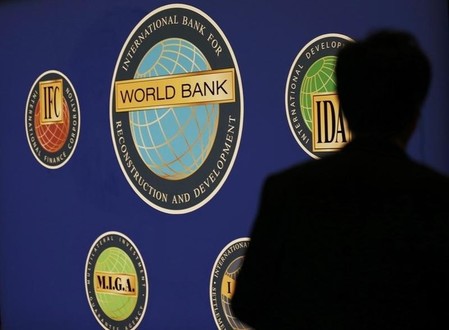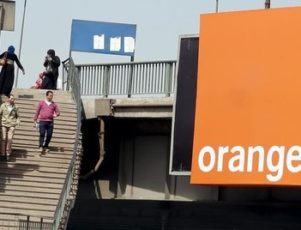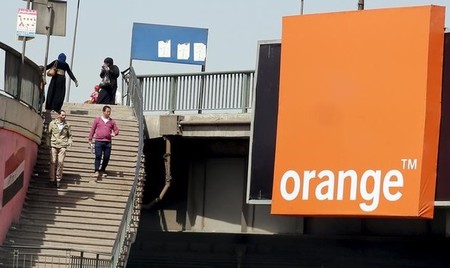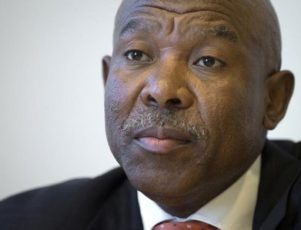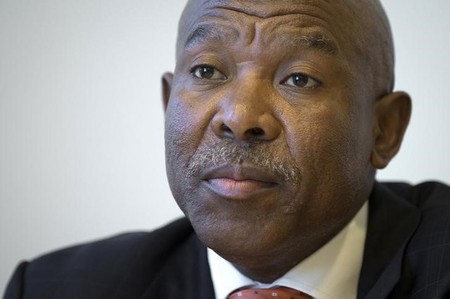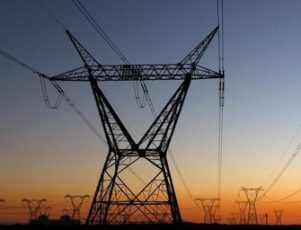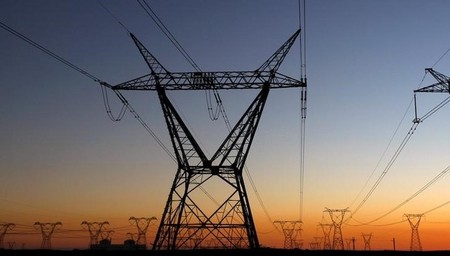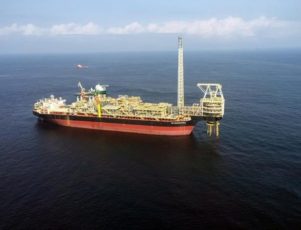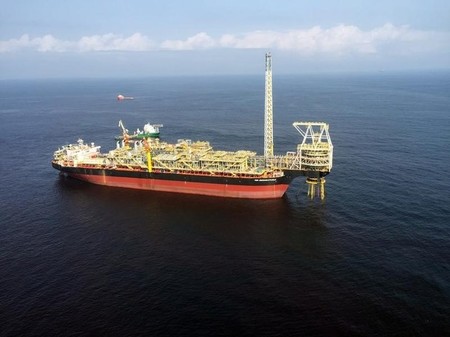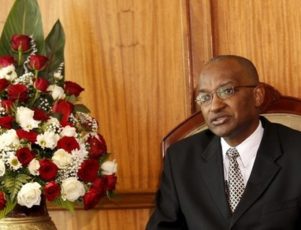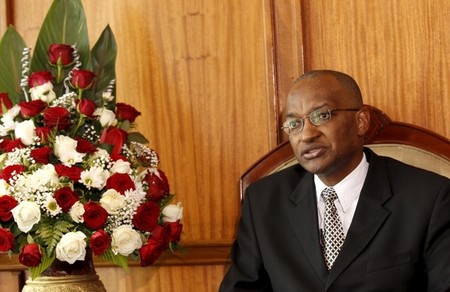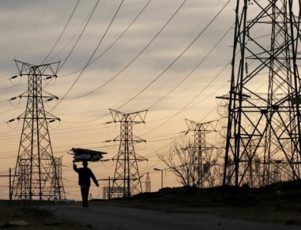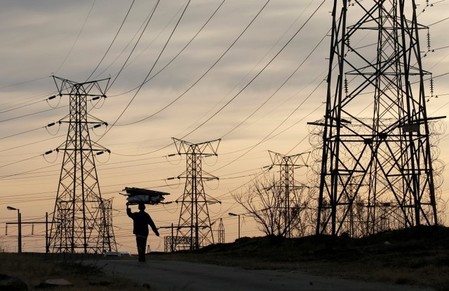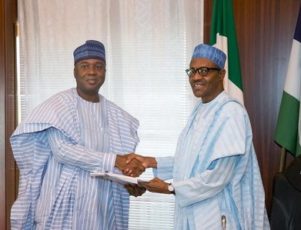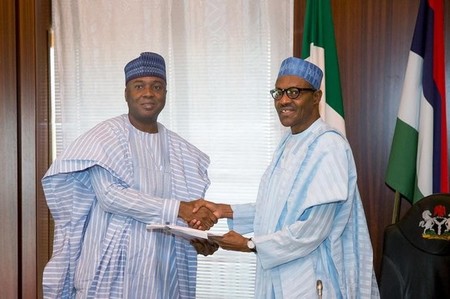By Hamid Ould Ahmed
ALGIERS (Reuters) – Algeria plans to allow its dominant state banks to list on the local stock exchange to help develop its financial markets and diversify sources of funding after the oil price slide, a senior financial official said.
The plan will open the door for foreign investors to acquire controlling stakes in banks, reversing a rule requiring Algerian firms to keep a majority shareholding in any partnership with foreigners, the official told Reuters.
Algeria’s six government-run banks account for most of the sector’s assets. French companies such as Societe Generale and BNP Paribas have the strongest presence among foreign-owned banks already working in the country.
OPEC member Algeria’s economy has been largely based on a state-run and centralised system since its independence from France in 1962 and it remains reliant on an energy sector that still provides 60 percent of its budget.
But the oil price drop since 2014 has put Algeria under financial pressure, forcing the government to trim spending and search for alternative financing sources.
“The era of $100 a barrel is over. We have no choice but to change our policy,” the official said, asking not to be named because they were not authorised to speak to the media.
“Reforms will move slowly, but there will be no step backwards.”
With more than $130 billion in foreign exchange reserves and little foreign debt, Algeria is in better shape than other oil producers such as Venezuela.
However, it has been forced to push up taxes and increase subsidised gasoline and diesel prices, scaling back a vast welfare system that has in the past helped ease social tensions.
Advocates of the 51/49 ownership rule and tight foreign exchange controls say they helps protect Algeria’s strategic sectors after an experimentation with privatisation in the 1990s. But critics say such curbs stifle growth and investment.
PAST FAILURE
Algeria is now far safer following the end of a war it fought with armed Islamists in the 1990s that killed 200,000 people.
Its government has been keen to promote the expansion of its agriculture, health, manufacturing and tourist sectors but cumbersome bureaucracy has put off investors.
It is also not the first attempt at selling off the banks. The government scrapped previous plans for a bank privatisation in 2007, just two days before the deadline for the submission of bids, citing an international banking crisis at the time.
That plan was to sell a majority state in Credit Populaire d’Algerie (CPA) — two years before the introduction of the new rule limiting ownership for foreign firms to 49 percent in any partnership deal.
The International Monetary Fund (IMF) and World Bank have since repeatedly urged Algeria to reform the underdeveloped banking sector and modernise its stock exchange to help attract investment.
However, it is not clear how much appetite there will be for the banks. Plans to float cement producer Societe des Ciments de Ain El Kebira were dropped in June because of a lack of demand for the shares on offer.
The new bank proposal is included in the 2017 budget law draft currently in parliament for debate and must be approved by lawmakers and by President Abdelaziz Bouteflika.
Under the new plan, state banks that want to list on the Algiers bourse will still have to get “prior green light” from the central bank before any step to sell a stake in excess of r 49 percent, the official said.
The other state banks consist of Banque Nationale d’Algerie, Banque Exterieure d’Algerie, Banque de Developpement Local, Banque de l’ Agriculture et du Developpement Rural, the largest in terms of its network, and the Caisse Nationale d’Epargne et de Prevoyance.
Officials have previously said Algeria is preparing to allow foreign investors to buy shares on its stock exchange, where authorities hope the number of listed companies will rise from five to 50 in the near future.
But the Algiers stock market, smaller than those in neighbouring Morocco and Tunisia, struggles with very low levels of liquidity.
(Editing by Patrick Markey and Keith Weir)
Read more

